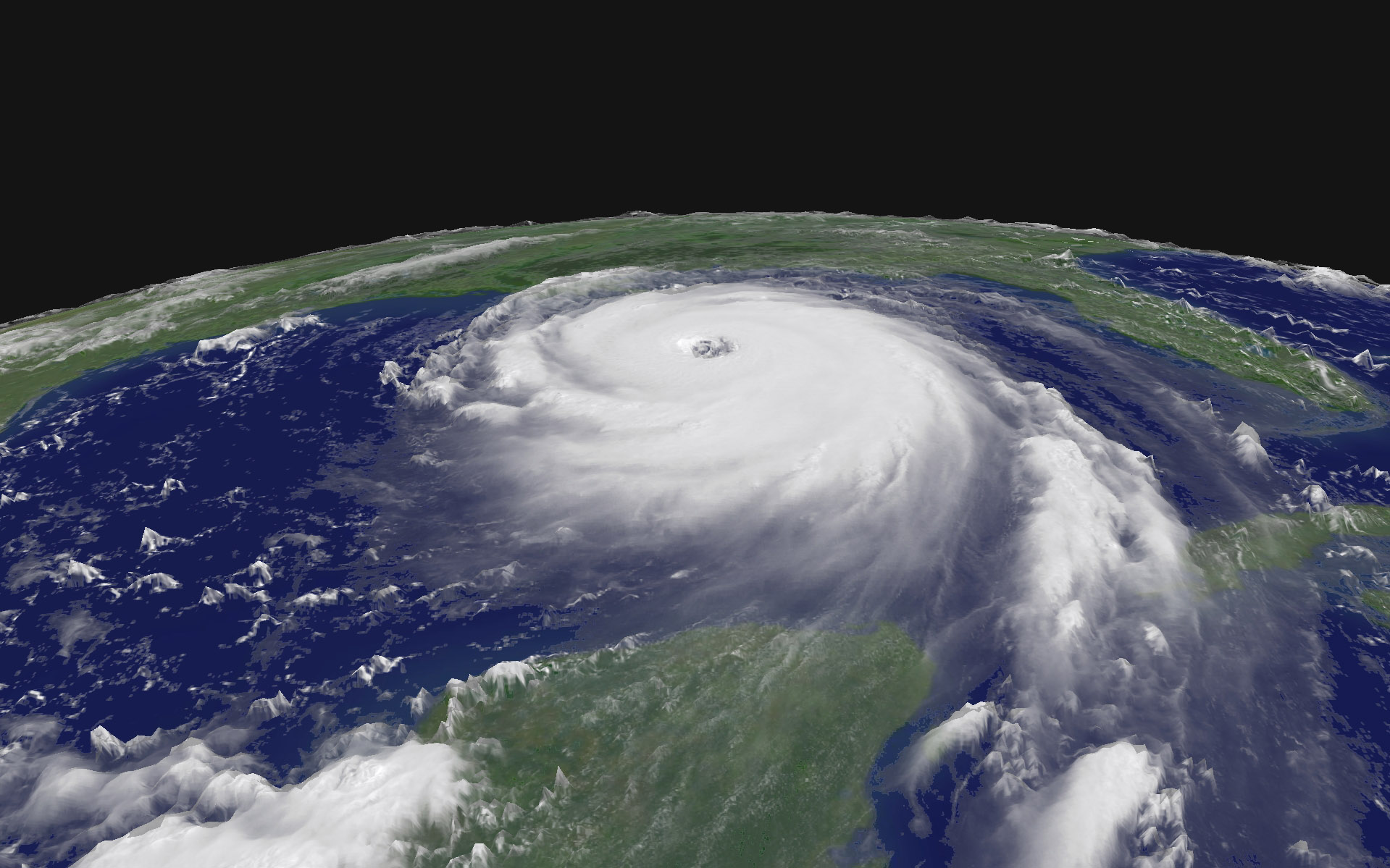Last week’s Nature—that would be the June 7 issue—blows one hell of a hole in one of the proof points for global warming theory: Increasing number of hurricanes. If I rightly recall, former vice president Al Gore used increasing numbers of seasonal hurricanes in movie “An Inconvenient Truth“.
Good science isn’t about what you know but what you realize that you don’t know. Too many of the proof points for global warming are nothing more than seemingly related observations that probably aren’t as interconnected as they might first seem. Gore and others have attributed warming seas—presumed by-product of global warming—as reason for worsening seasonal hurricane cycles.
In a letter submitted in October and approved for publication last month, six scientists reveal shocking data about hurricane cycles. They write in the opening, summary paragraph:
The record indicates that the average frequency of major hurricanes decreased gradually from the 1760s until the early 1990s, reaching anomalously low values during the 1970s and 1980s. Furthermore, the phase of enhanced hurricane activity since 1995 is not unusual compared to other periods of high hurricane activity in the record and thus appears to represent a recovery to normal hurricane activity, rather than a direct response to increasing sea surface temperature.
The scientists used corral and marine sediments to reconstruct vertical wind shear and sea temperature, two factors affecting hurricane formation. As good scientists, they rightly point out what’s not known:
Although hurricane intensity and destructiveness may increase with increasing global mean temperatures, the effect of climate warming on hurricane frequency is poorly known. Furthermore, it is possible that hurricane activity responds to changes in other external forcings, such as solar activity and aerosol loading.
The letter is fascinating reading. While I link above, the letter is only available to Nature subscribers or anyone willing to pay $30.
Global Warming theory is just that, a theory. More importantly, there hasn’t been enough study done on the sun, which has fair greater impact on earth ecosystems than do humans.
Photo Credit: NASA Goddard Space Flight Center
